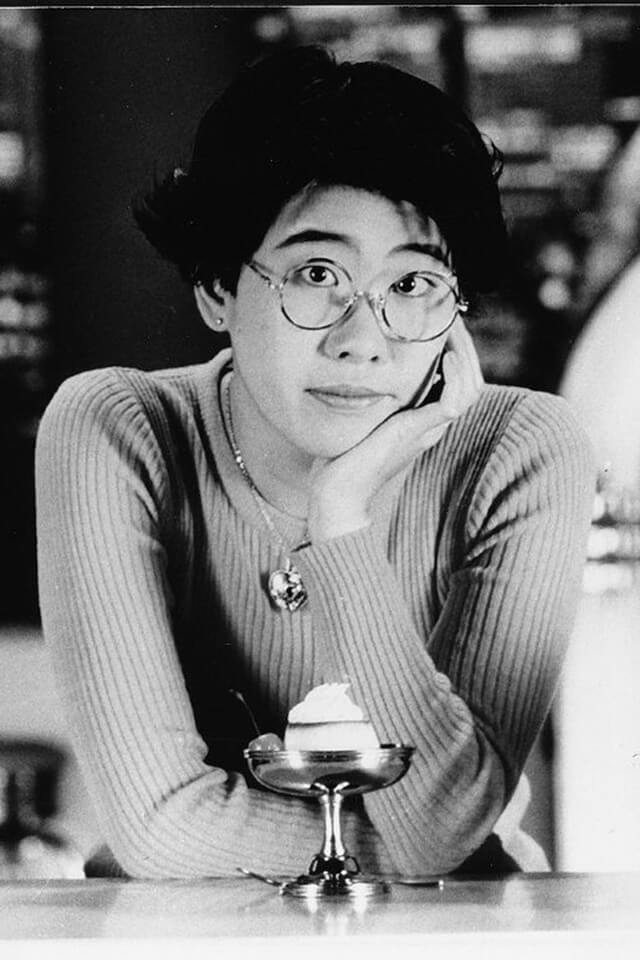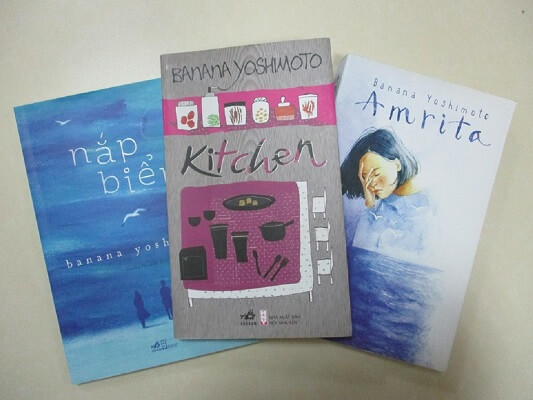
Her books unabashedly name-drop the bands, clothing brands, styles, shops and clubs that are familiar with younger readers, and this helps Yoshimoto blend her timeless (and timelessly repeated) themes with contemporary life. Yoshimoto probably first struck a chord with younger readers in part because she wrapped her novels in the youth cultures of urban Japan. Together, the two struggle to rebuild their lives, both as mother-and-daughter and also as individuals, and come to terms with their shared suffering. Yoshie moves from the family’s upscale condo in the neighbourhood of Meguro into a small apartment in Shimokitazawa and takes a job at a local bistro, but before long her grieving mother follows her.

Here, the narrator, Yoshie, and her mother are recovering from the death of their father-husband in a murder-suicide with a woman with whom he was having an affair (she drugged his drink and then killed them both). In Moshi Moshi, all the familiar elements are there the only change is the premise that gets it all rolling.

Her previous translated work, The Lake, features a protagonist struggling to recover from the death of her mother, meeting a man who was abused by a cult as a boy. and Amrita deal with the loss of the protagonist’s boyfriend and sister, respectively, to suicide. Kitchen tackles the death of the narrator’s grandmother and the healing that ensues N.P. The formula emerges in most of her translated works in English. The stories usually have a poignant, if slightly upbeat, conclusion. There’s often a vague hint of the surreal or the supernatural never so much as to render the story unrealistic always just enough to hint at the blurred edge between reality and dream. Her novels are exquisite at chronicling suffering in the face of loss, and the effort to move beyond. Yoshimoto’s novels follow a typical formula: a character experiences some form of trauma or loss, and spends the novel trying to come to terms with it and move on. As her latest novel in English translation, it offers all the usual appeal - and criticism - of Yoshimoto’s unique literary style. Her latest, Moshi Moshi, was first published serially from 2009-2010 in the Mainichi Shimbun, a Japanese newspaper.

Indeed, her Japanese critics have sometimes charged her with “assembly-line writing” since the release of her 1988 hit debut Kitchen she’s published work almost every year.Īnglophone readers don’t have the same luxury less than a dozen novels and short story collections are available in English translation. Banana Yoshimoto’s English translators have never been able to keep up with the Japanese author’s prodigious literary output.


 0 kommentar(er)
0 kommentar(er)
